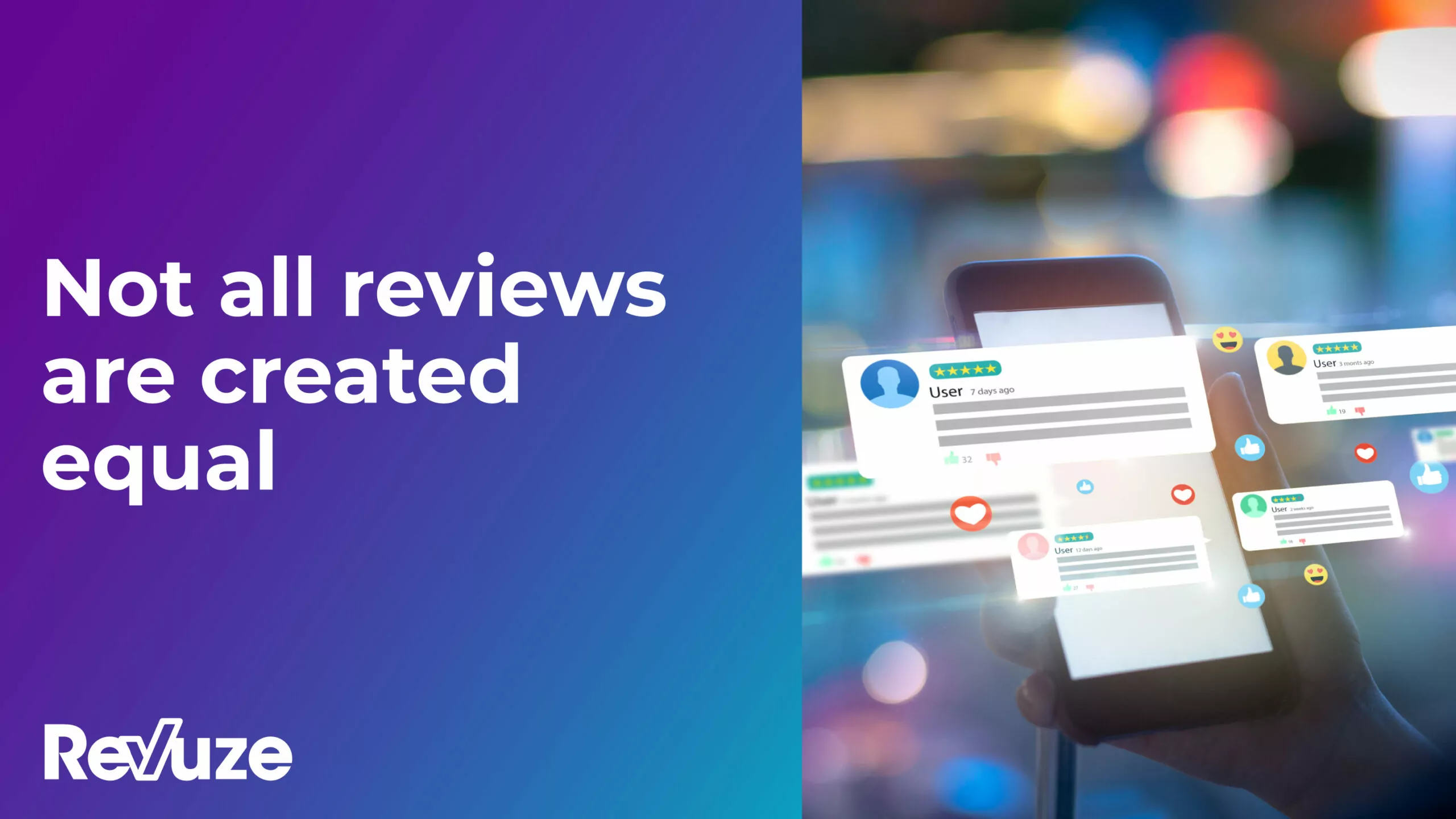
As a marketer who wants meaningful consumer feedback about your brand, consumer reviews are one of your go-tos for the source of truth. What better way to gain access to your consumers’ minds? As you perform your due diligence by delving into the various reviews where consumers express positive and negative sentiment to create data-driven insights analysis of the relevant stakeholders. It seems to make sense to go to the various sources where consumers share their opinions. Like with most things in life, it’s also important to review the fine print.
If you dig deeper into the reviews, you might be surprised to discover that you have to take them with a grain of salt because they may be incentivized or syndicated. There are actually three different types of reviews and as you analyze the data it’s important to weigh them properly. There are organic, incentivized, syndicated, and even fake reviews. Here we dive into the different types of reviews and help you better navigate the ecosystem.
Organic consumer reviews
Organic Reviews are the most coveted and sought after because they are organic reviews by real people who have been verified by the ecommerce site and are displayed thus. Below is a review of the Apple AirPods on Amazon. Note that below the location and the date of the review in a smaller font size, the following text: “Verified Purchase.” This is a clear indication that this person genuinely purchased the item from the seller. To achieve this, Amazon routinely sends consumers a follow-up email after their purchase asking them if they are satisfied with the product and requesting a review.
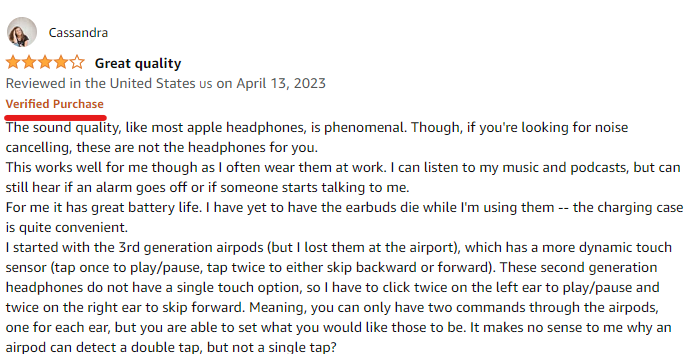
For a marketer, this kind of review is gold and should carry the most weight when making strategic decisions or when assessing the consumer sentiment about the product.
Incentivized consumer reviews
As opposed to Verified Reviews, Incentivized Reviews start to create a challenge since they muddle the data set. As implied from the description, Incentivized Reviews are indeed from real buyers but they were given something in return for their review. Whether a gift card or a coupon, their review can’t be taken on face value. Had they not received the incentive, perhaps they wouldn’t have written the review at all or the sentiment would have been different. It’s difficult to make a neutral assessment.
The example below is for Family Guard Disinfectant Aerosol – Citrus – 17.5oz on Target. As you can see both of the reviewers below received a free sample of the product to try it and review it!

Syndicated consumer reviews
As a means to bolster sales many ecommerce sites also syndicate reviews. This tactic ensures real reviews about the product appear so potential consumers can get a first-hand perspective on the product. However, this too poses a challenge for marketers. It means that your data set can include the same review written several times.
Below is a review of a MAC lipstick that appears on Sephora’s UK website. This consumer review is actually a one that originally appeared on the MAC website and not Sephora. This is only one instance of the particular review, consider for a moment that may appear on other websites as well.
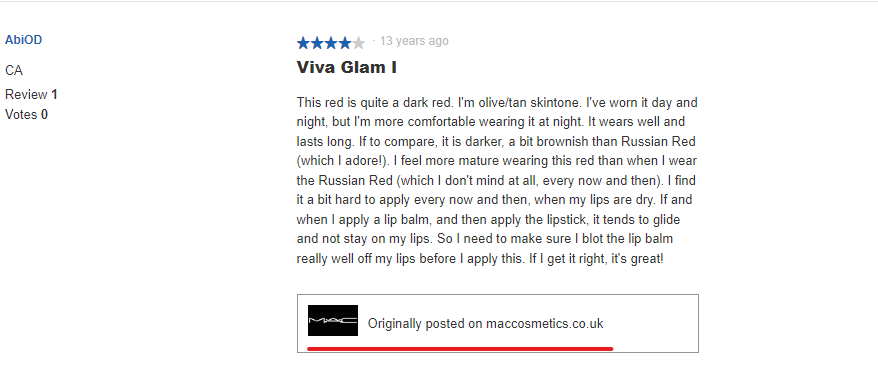
The importance of the right tools
The types of reviews out there underscores the importance of having the right tools to help you navigate and make data-driven decisions. Revuze’s AI algorithm automatically removes the syndicated reviews as part of the data cleansing process. That means the results were deduped. In addition, the dashboard distinguishes between verified and incentivized reviews empowering marketers with the most accurate data possible. The below fragrance dashboard shows that a whopping 25% of the reviews are indeed incentivized. Most importantly, as you make crucial decisions relating to your brand you can filter out the incentivized reviews if you wish. This will give you a completely different snapshot of the market.
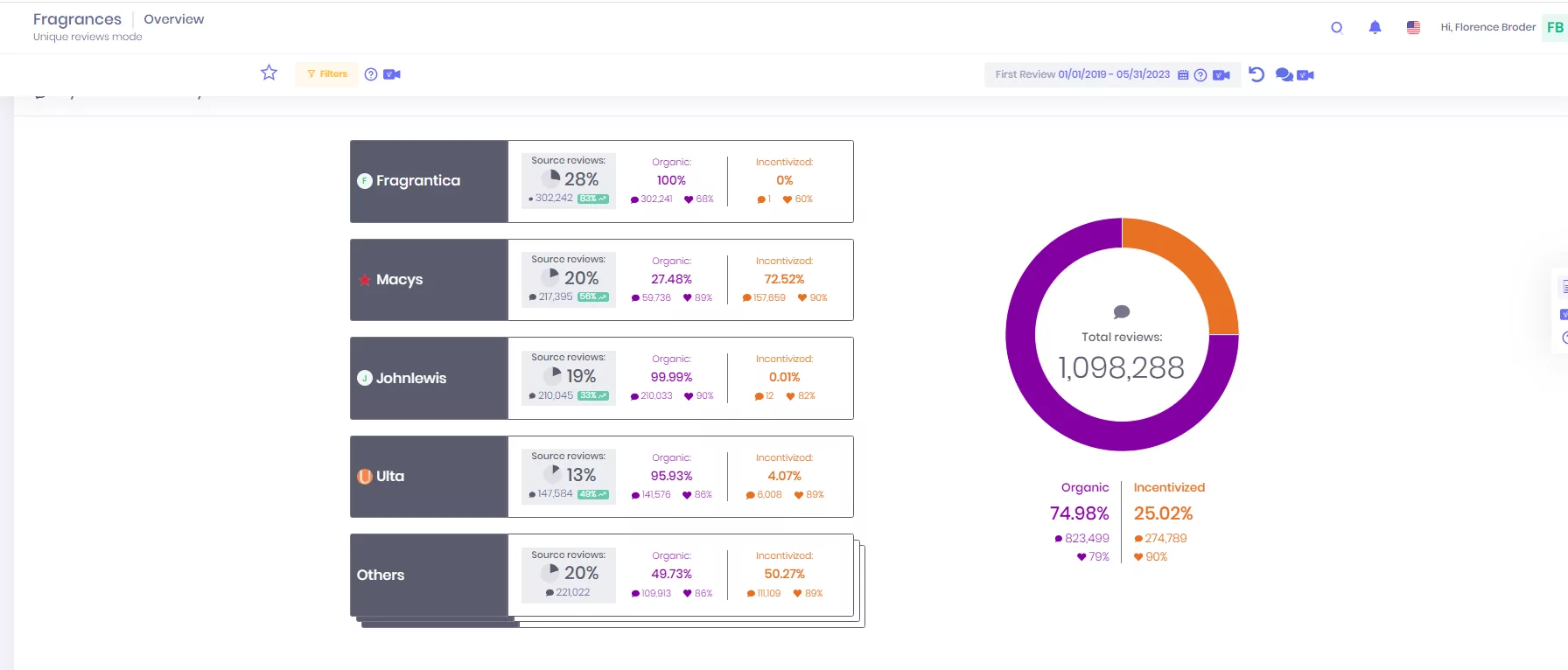
Conclusion
While reviews can be a valuable source of consumer feedback for marketers, it is crucial to approach them with caution. Not all reviews are created equal, and understanding the different types of reviews can help marketers make more informed decisions.
To navigate the complexities of reviews, marketers need the right tools and technologies. AI-powered algorithms, like the one offered by Revuze, can help cleanse the data by removing duplicate reviews and distinguish between verified and incentivized reviews. This enables marketers to have more accurate and reliable insights for making data-driven decisions.
In summary, while consumer reviews can be a invaluable tool, it is important for marketers to consider the types of reviews and their potential biases. By utilizing the right tools and understanding the nuances, marketers can harness the power of reviews more effectively and gain a clearer understanding of customer sentiment, ultimately leading to more informed strategies and decisions for their brands.
 All
Articles
All
Articles Email
Analytics
Email
Analytics




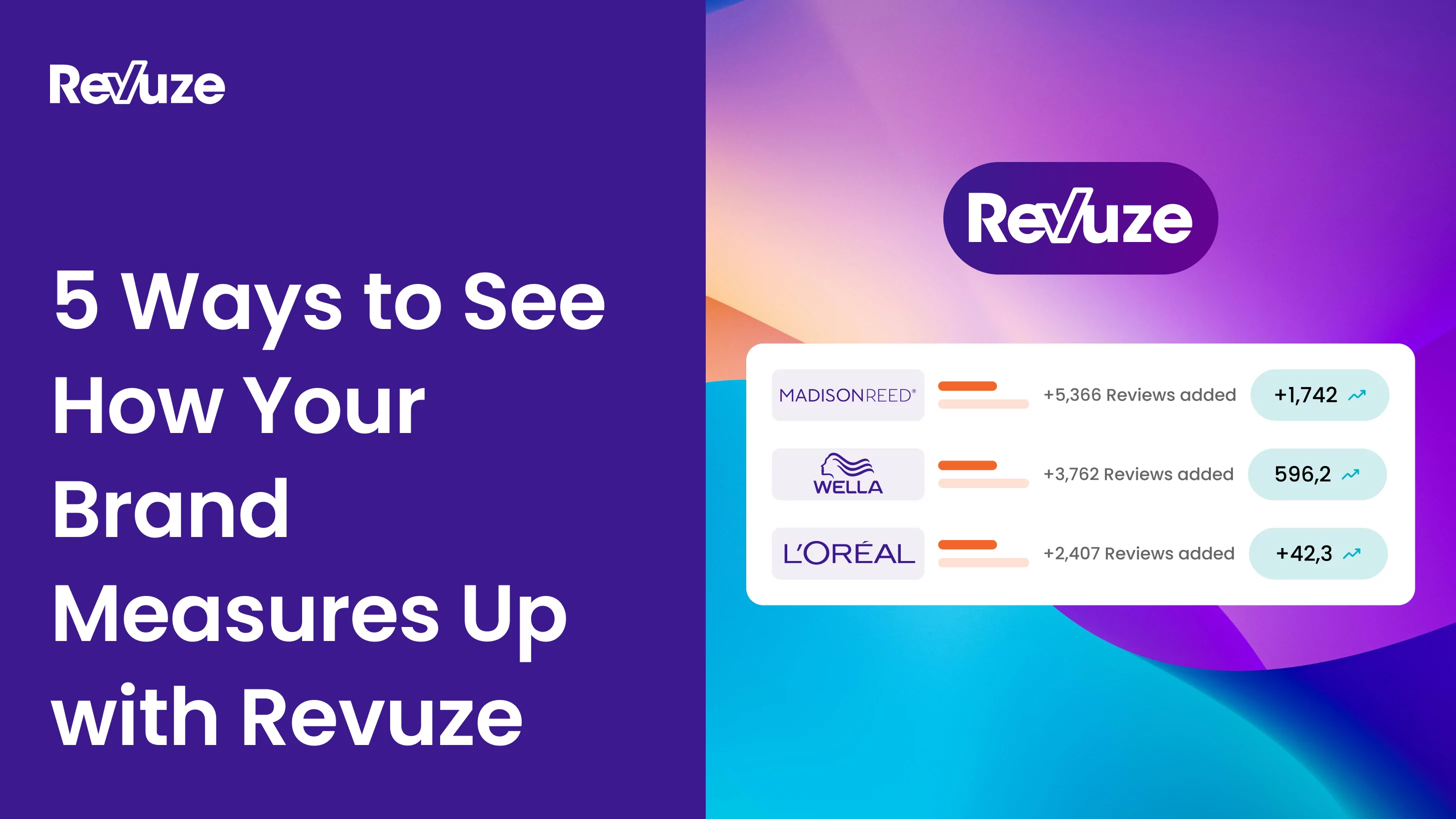
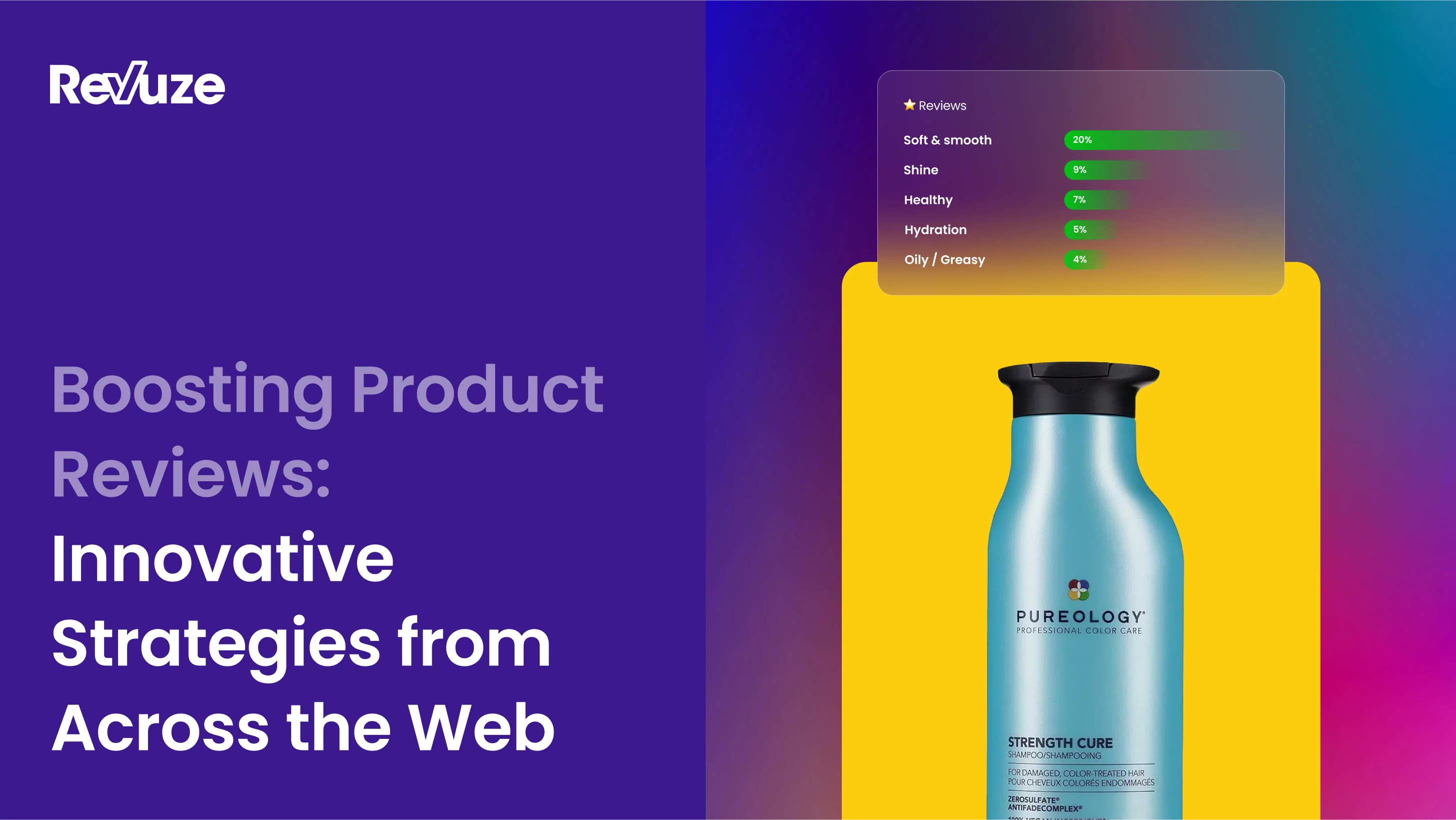
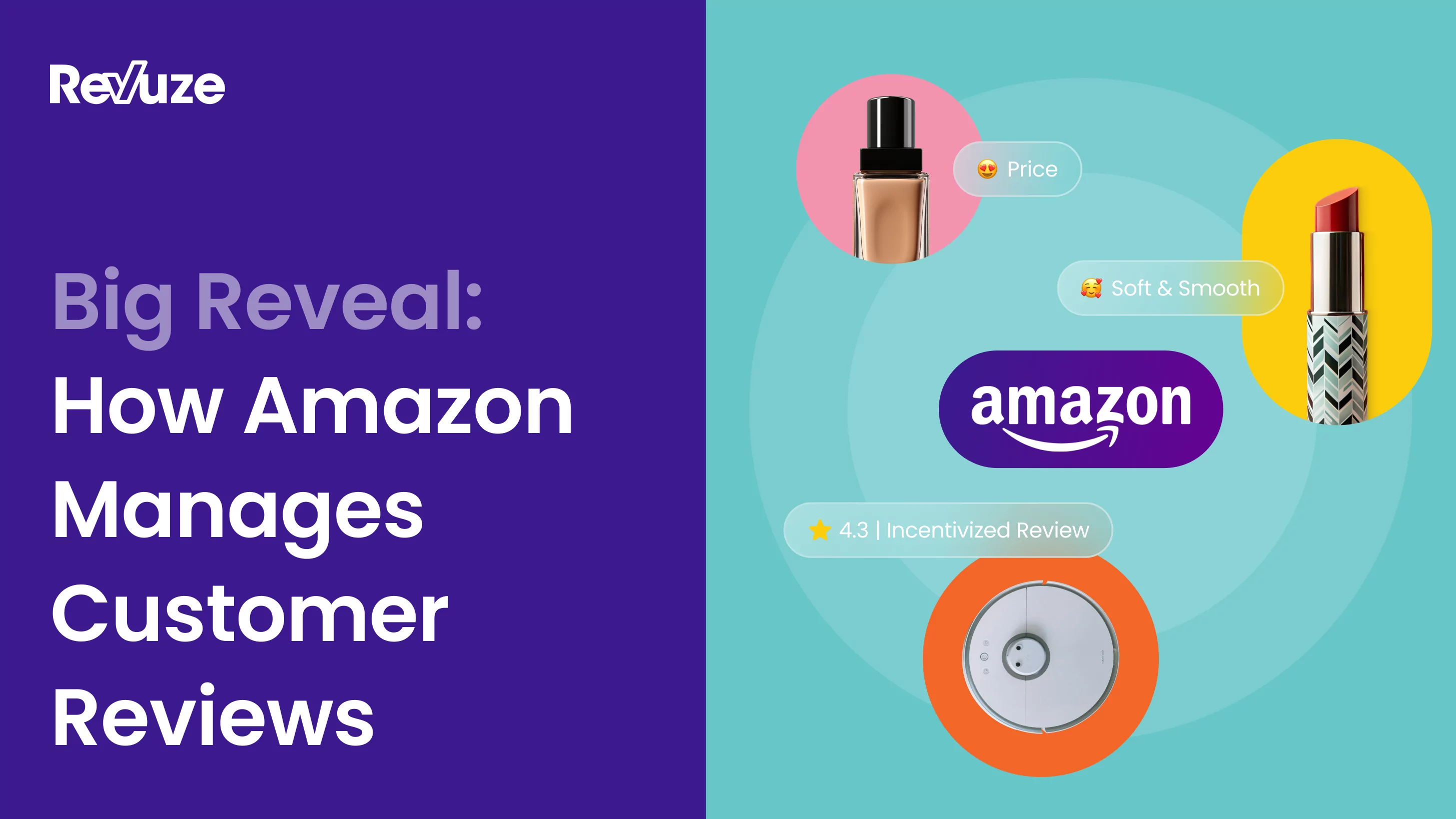
 Agencies
Insights
Agencies
Insights